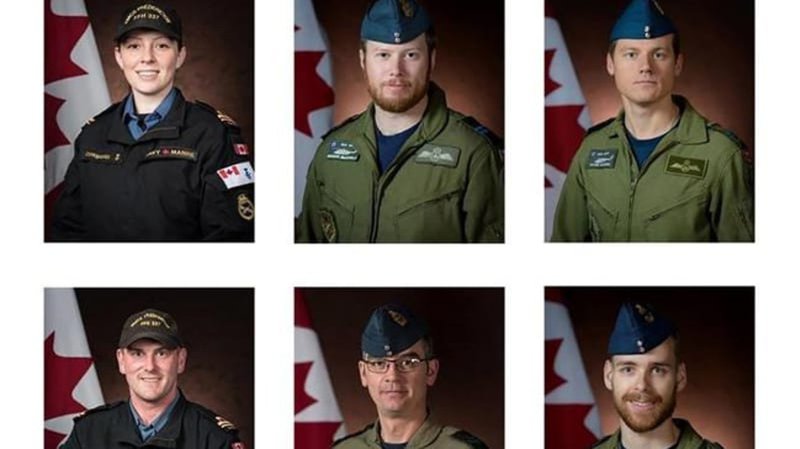
Military says all remains now identified in crash of Cyclone helicopter
OTTAWA — The remains of four of the six Canadian Armed Forces members killed when a Cyclone helicopter crashed into the Ionian Sea off Greece in late April have been identified.
In a news release, the Department of National Defence (DND) says the remains were positively identified Thursday by the Chief Coroner for Ontario.
They include Capt. Kevin Hagen, a pilot originally from Nanaimo, B.C., Capt. Maxime Miron-Morin, an air combat systems officer originally from Bécancour, Quebec, Sub-Lt. Matthew Pyke, a naval warfare officer originally from Truro, N.S., and Master Cpl. Matthew Cousins, an airborne electronic sensor operator originally from Guelph, Ont.
The remains were found during a combined search and recovery operation with the United States Navy conducted between May 25 and June 2.


